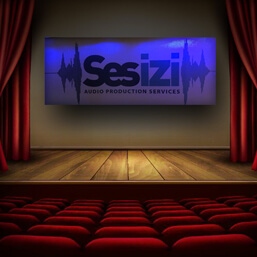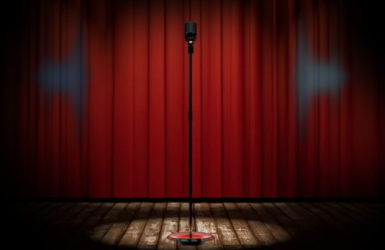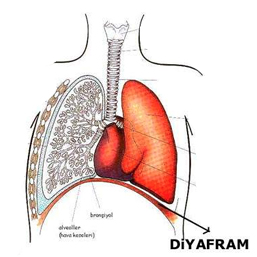Dubbing and Theater
There is an organic bond between the art of voice-over and theater.

This connection is immediately evident when we look at master voice actors and theater artists. Almost all of the master artists have a theater background or at least have been involved in theater as well as voice-over.
This connection between theater and sound is of course not a coincidence.
The reasons underlying the fact that vocalization is accepted as a branch of art are actually related to this bond. The voice artist enters into a role just like a theater actor. The artist must understand, recognize and become one with the character he gives voice to.
The art of sound can only be realized with the seriousness of a theater actor.
Otherwise, the recording process will be nothing more than a bad practice and the audience will not be able to see a quality work.
For a theater actor, preparing for the character he or she will portray on stage requires a long effort. It is good to do a character analysis from the written text first. It is then necessary to work out the formal characteristics of this created character.
This is actually the most challenging process for a theater actor.
After much trial and error, a character appears on the stage that is as close as desired to the character created in the text.
Almost all of this process also applies to art.
Perhaps the only difference is that in theater, the actor visually portrays the character on stage.
This is because it is only present as sound during the recording. Again, even if at first glance it seems as if voice-over is easier and more advantageous for the artist than theater, in fact it can sometimes even turn into a disadvantage.
The voice actor is trying to be involved in a set that he is not physically present on, only with his voice from an artificial studio environment, and this creates an extra challenge for the artist. On the other hand, in the art of vocalization, just like in theater, mimicry, diction, correct use of diaphragm, etc. There are many technical details and a good voice actor is expected to have them all.
When all these are taken into account, the deep bond between voice-over and theater is easily understood, and as a proof of this, it becomes much more understandable that the majority of voice actors have a theater background.






